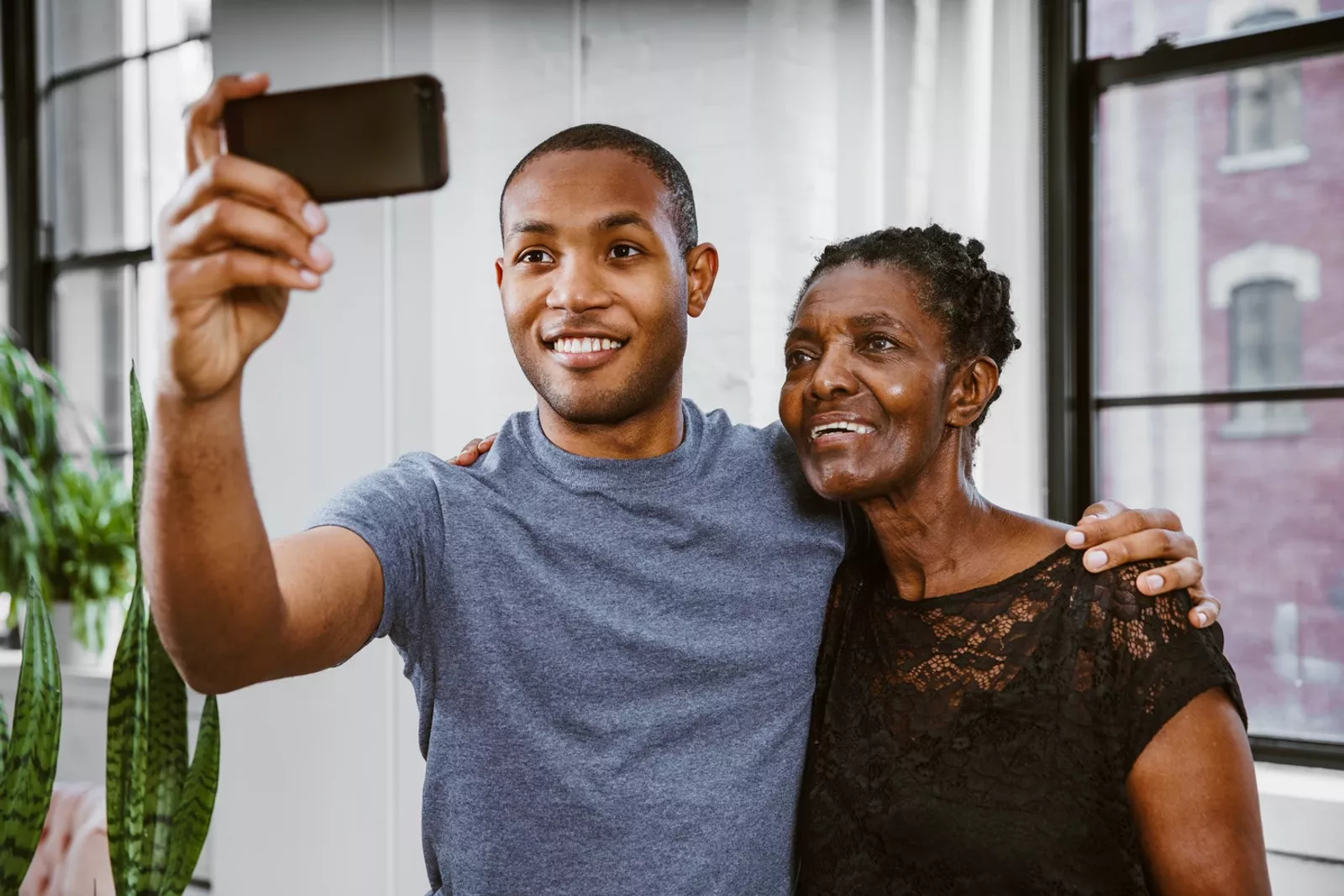From One Generation to the Next
A few weeks ago at a social event, a retired friend said this about her relationship with her daughters: "I have finally figured out what these Millenials want…" She went on to share the big secret to the Boomers and Gen Xers at the table who also had to maintain positive interactions with this seemingly unique set of human beings: "They do not want my advice. They just want me to be available to listen when they call about something they are going through. And eventually if I listen long enough, they will actually ask me how I am doing."
As a Gen Xer who works with young adults, I was transfixed by my friend's words. Often, interactions from one generation to the next do not seem so easy to bridge. I know a lot of people my friend's age who have adult children who shut them out: one has never seen her grandson, one has been formally "disowned" by her daughter in the form of a long email that listed all her "failings" as a parent, another has been told that she was terribly abusive but not given any examples as to how (and she sincerely cannot think of any herself).
Other friends complain about ageism -- how their young coworkers see them as out of touch or unapproachable. Interactions that end with "Ok, boomer" underscore this conflict. Such exchanges often engender bitter questions: Why are older people viewed as burdens rather than assets? Why doesn't the younger generation reach out to them for mentorship?
I have heard the older generation accuse the younger generation of being entitled, superficial, and weak. The younger generations are often accused of destroying social norms too-- everything from home and car ownership to dating to napkin use is supposedly at risk now, and supposedly the problem rests with a new generation that does not value these things in the same way.
So what is the solution? I doubt there is a simple one, but I am reminded of the adage that when we point a finger at someone, we have three fingers pointing back at ourselves. So let's take these accusations finger-by-finger and examine them:
Accusation 1: The Younger Generation is Entitled
Perhaps, the older generation is also entitled. For example, can we in the older generation put away the idea that we are the ones that should be giving the advice? Can we seek advice from the younger generation? I saw my cousin do this recently. She messaged me about how her teen son had taught her a great deal about institutional racism. They were in the process of reading books about it and watching documentaries. I am impressed with my cousin's openness because I have seen many people in her generation struggle with how younger generations view concepts like privilege. Often, the first instinct is to become defensive and then to provide a litany of all the ways they are not racist nor privileged. But sometimes, it helps to ask questions instead. When I have done that with younger people, I have often been surprised to discover that while they saw many older people as being myopic and misinformed about topics like racism, they also saw the issues as complex and were quite introspective about the part they themselves possibly played in them.
Accusation 2: The Younger Generation is Superficial
Again, to what degree is the older generation superficial? When we talk to younger people, are the first targets for conversation aspects of their appearance, their marital or dating statuses, and/or their careers? Can we find ways to ask them what they are passionate about, and are we so focused on conflicts that come about when discussing deep topics that circle back to politics and religion that we avoid these topics altogether? Do we put out a vibe that says to other generations: "Don't tread here?" Are we okay with listening to disparate points of view and can we resist the temptation to always share our own? When we are finally asked for our opinions, that may be when we find our audience to be the most receptive.
Accusation 3: The Younger Generation is Weak
Maybe, it is. Maybe, they seek out safe spaces and comfort zones and lack motivation to power through hard things. But who has not struggled with such things? Isn't this just basic human nature? And what about the strength of vulnerability and facing one's feelings? Perhaps, strength comes in many forms, and we need to become close observers that embody compassion and support rather than mock people for being "soft."
We can throw around epithets like boomer and snowflake, or we can search for common ground and appreciate what each generation has to offer. Being confident in one's own worth makes it easier to recognize the worth of others because the energy has not been wasted on proving oneself --instead the energy is refocused on understanding others.
I think that is the conclusion we need to reach: each generation really does have value, we need each other, and if we show by our actions that we appreciate one another, we can bridge the gap with the bonds of gratitude and respect.

